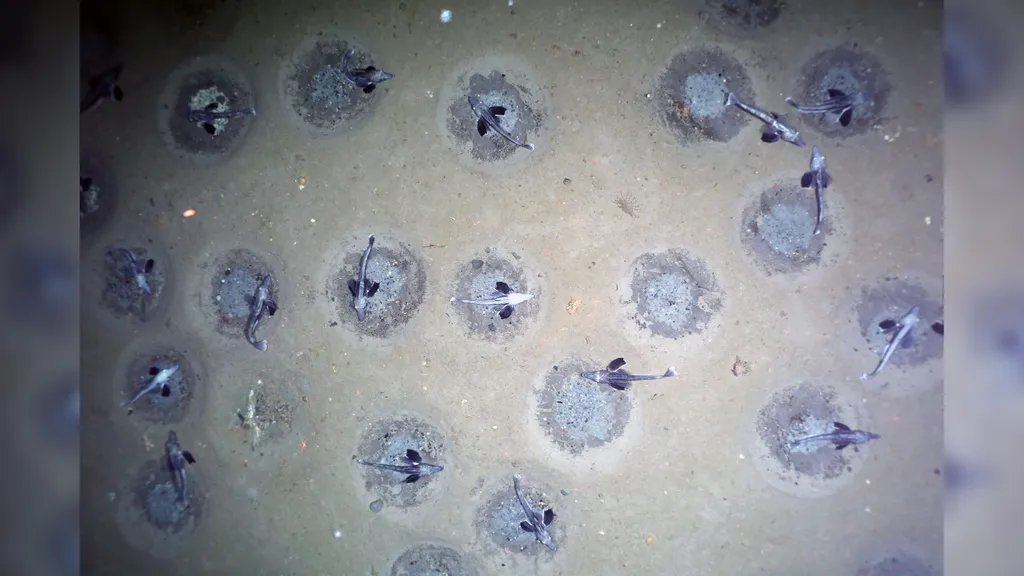
There has been an eye-catching discovery. A rare ‘see-through’ fish colony has been discovered in Antarctica. It appears to be the largest fish breeding ground on the planet. In the ice-covered Weddell Sea of Antarctica, this colony homes around 60 million fish.
It is home to the rare icefish, Neopagetopsis ionah. The fish is unique as its skull is transparent, and blood is clearly visible. Red blood cells are missing in the icefish. As it lives in cold climates, its body has developed an antifreeze protein in its blood that impedes ice crystals from forming. This one-of-a-kind discovery exemplifies how little we know about the various ecosystems that exist at the ocean’s depths.
The presence of icefish in the upwelling was not unusual due to the food
The team found out that the area was full of fish carcasses in addition to living fish guarding colonies. Indicating that this enormous icefish colony is a significant aspect of the local ecosystem. It is most likely serving as prey for Weddell seals. Following the discovery of the colony, the International Commission for the Conservation of Antarctic Marine Living Resources has made a decision to establish this as a Marine Protected Area.
The team of the Polarstern left two cameras in the region before taking off to investigate the internal workings of this distinctive ecosystem. In April 2022, Purser plans to return to the Weddell Sea. This study was out in the journal Current Biology on January 13th.
